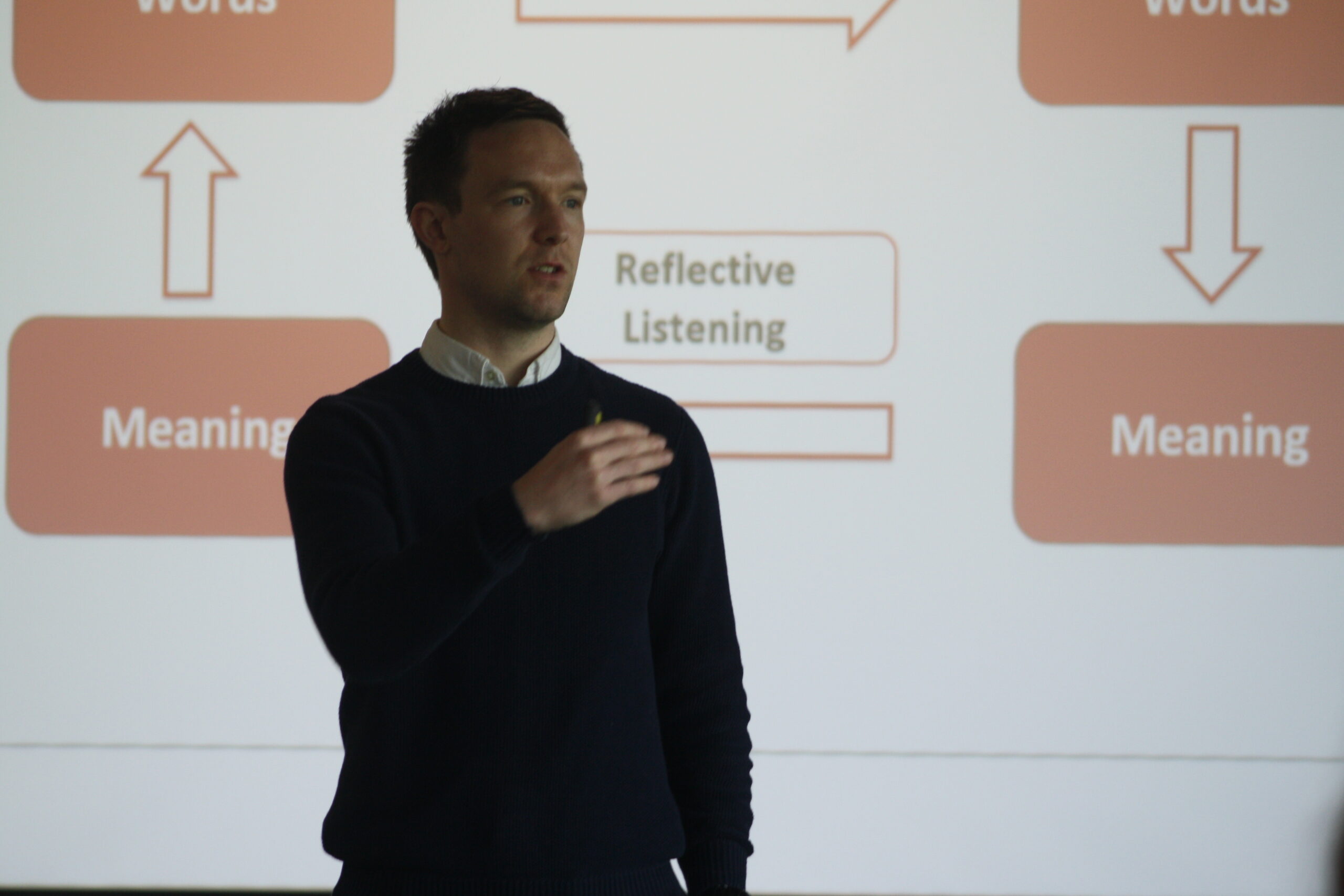By Dr David McHugh, Programme Director – MSc in Applied Sport & Exercise Psychology
Practitioner Development
When we think of athletes performing at the highest level of their sport they often display a number of characteristics. These characteristics include setting goals, being resilient in the face of setbacks, having an unique skillset, understanding the sport and having a support network they can rely on. With these characteristics being important for athletes to develop, and the role of the sport and exercise psychologist being to help facilitate these characteristics, the question arises does the Sport & Exercise Psychologist also have to develop these characteristics? One such way sport and exercise psychologists can develop these characteristics to become competent practitioners is through accreditation pathways. Accreditation is a beneficial but challenging process for candidates. However, often graduates from MSc programmes are unsure of their next steps after completing their MSc.
The Importance of Accreditation
Accreditation is a formal recognition process that evaluates the qualifications, expertise, and ethical standards of professionals. In the profession of sport and exercise psychology, accreditation facilitates:
Quality Assurance: Accreditation ensures that practitioners meet the accrediting societies competency standards ensuring they have reached a specific standard of education, training and experience.
Professional Credibility: it allows the sport and exercise community to understand the pathway to becoming a sport and exercise psychologist and what to look for and expect based on the professional body recognition.
Ethical Accountability: there are specific ethical guidelines for practitioners to follow and practitioners are held to account over their ethical decision making if it does not adhere to the responsibilities of the profession.
Continuous Improvement: Practitioners are encouraged to engage in continuous professional development to stay up to date on the latest research in the field.
Accreditation Options in Sport and Exercise Psychology
There are a number of organizations that offer accreditation for sport and exercise psychology graduates.
AASP (Association for Applied Sport Psychology): AASP offers the Certified Mental Performance Consultant (CMPC) certification, requiring a combination of education across a number of knowledge areas, supervised experience, and a comprehensive examination. This pathway is the most flexible for those with primary degrees outside of psychology or sport science related areas. The Setanta College MSc in Sport & Exercise Psychology is recognised as meeting the knowledge areas required as part of the AASP certification process.
BASES (British Association of Sport and Exercise Sciences): BASES provides accreditation for sport and exercise scientists, promoting high standards in research, education, and professional practice. This pathway is for those with a sport science related undergraduate degree and an MSc in Sport & Exercise Psychology. The Setanta College MSc in Sport & Exercise Psychology is recognised as meeting the BASES accreditation standards.
BPS (British Psychological Society) and PSI (Psychological Society of Ireland): offer Chartered Psychologist status, indicating a high level of expertise and ethical conduct within the broader field of psychology. This pathway is for those with a psychology undergraduate degree.
The Supervision Experience
Regardless of the supervision pathway chosen there are a number of common areas trainees will focus on. These include ethical decision making, reflective practice, developing a practice philosophy, working in different settings, dissemination, research, counselling skills, using mental skills training effectively and engaging in CPD.
However this journey is not without its challenges. The challenges in terms of going through an accreditation pathway include arranging a placement, navigating ethical challenges, balancing multiple and competing demands, translating theory to the real world, while at the same time completing the documentation required for the accreditation route. Accreditation can take 2-4 years after the MSc which requires the practitioner to demonstrate and develop the same characteristics we often speak with athletes and teams about.
Setanta College MSc in Applied Sport and Exercise Psychology
The Setanta College MSc in Applied Sport and Exercise Psychology is a programme that aligns with the highest standards of accreditation. The programme emphasises evidence-based practice, experiential learning, and practical application of psychological principles in sports and exercise contexts. Not only do we support students on the their journey through their MSc, faculty on the programme are also accredited with bodies including AASP, BASES, PSI and the HCPC (UK). This enables our faculty to support graduates on their journey towards accreditation after the MSc. Our faculty are supervisors on the various pathways that are open to student helping you navigate not only your MSc studies but also your initial steps into the profession through professional accreditation.


Leave A Comment